
Not sure how to get started with podcasting or producing a story for On Our Minds—our Edward R. Murrow Award-winning podcast by teens, for teens? Not to worry!
We've partnered with KUOW's RadioActive program to share their audio storytelling learning resources.
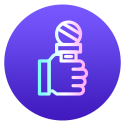
1—Audio Story Interviewing Lesson Plan
Students will learn active listening and interviewing best practices—then practice with digital audio recorders. They'll also get to know one another.
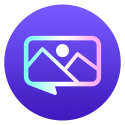
Students will learn to identify a story’s beginning, middle, and end. They will then reflect on what makes a great story, and do an activity to find stories in their own lives and community.
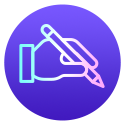
3—Writing for Radio Lesson Plan
Students will learn the differences between writing for radio broadcast and for print. They also learn what a “lede” is, and practice writing a lede for well-known fairy tales.
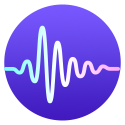
The best way to improve your audio storytelling skills is to pick up a digital recorder or open your phone voice memo app, go out into the field, record, and edit something. Choose an activity below to get started.
Journalism is the activity of gathering, assessing, creating, and presenting news and information.
The people who read, watch and consume news. Often, journalists think about audience and newsworthiness in similar ways. How will the news story serve their local or national audience? Who am I writing the story for and why?
A conversation between two or more people where the purpose is to gather information and facts. The interviewer asks questions and the interviewee provides information based on their knowledge about a specific topic or issue.
A digital audio or video file or recording, usually part of a themed series.
An audio story within a podcast episode
A recording of something going on (versus an interview).
Note: Think b-roll but for audio.
A description of what your story might be and WHY it’s important. An outline of your story idea and the steps to achieve your goal. A summary of what you hope to accomplish in your story
Generally considered to be audio captured from an individual who is on camera, like an interviewee and may also be referred to as a soundbite.
A word-for-word document of what was said in a conversation or interview
Explain points of agreement and disagreement experts have about interpretations and applications of disciplinary concepts and ideas associated with a supporting question and explain how supporting questions contribute to an inquiry and how, through engaging source work, new compelling and supporting questions emerge. (NCSS D1.3.9-12 - D1.4.9-12)
Students leverage technology to take an active role in choosing, achieving and demonstrating competency in their learning goals, informed by the learning sciences. (ISTE)
Whether students are constructing opinions, explanation, or arguments, they will gather information from a variety of sources and evaluate the relevance of that information. (NCSS D3.1.9-12 - D3.2.9-12)
Students communicate clearly and express themselves creatively for a variety of purposes using the platforms, tools, styles, formats and digital media appropriate to their goals. (ISTE)
Journalism
Media Literacy
Tutorials
Lessons
Toolkit
Beginner
Intermediate
Advanced
Mic
Online Worksheet
Computers
Mobile Phone
Internet
Varies (45 - 90 Mins)
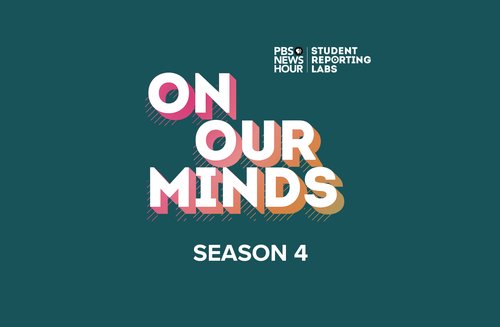
Review the topics for Season Four of the On Our Minds podcast and review the story deadlines. You can also:
If you find a story in your community that fits one of the topics, or you find an interesting story of your own, we want to hear from you. Pitch us your story here and someone we'll reach out to you about producing it for the podcast!
Listen to stories from prior seasons of On Our Minds.